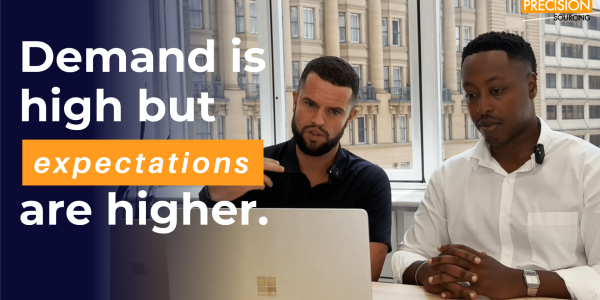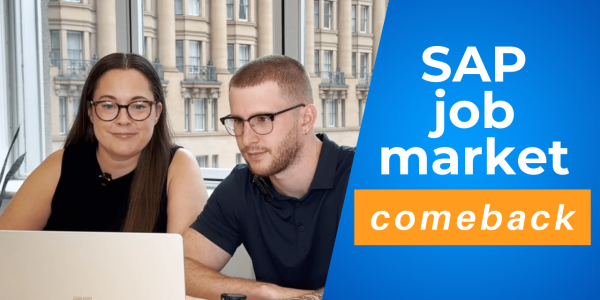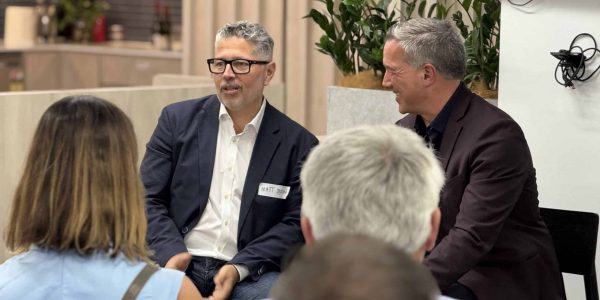People determine why Projects Fail or Succeed – What Are The 5 Most Essential Skills Of a Successful Project Manager?
It isn’t systems, processes, plans, methodologies, technology, data or luck that delivers successful projects – it’s PEOPLE!
At Precision Sourcing we have been recruiting Project and Program Managers for over 13 years and for some of Australia’s leading technology and data staffing businesses. We therefore know a thing or two about what makes a really strong Project Manager (PM) and believe it or not it isn’t a preference towards agile or waterfall.
Our Project Management recruiters use specific competency based questions to understand a Project Manager’s strengths and areas for development, along with their suitability for a certain project and culture. As a team we couldn’t agree on the top 5 essential skills of a PM so we decided to reach out and ask some of Sydney’s leading Program Managers what they think.
What are your thoughts on the below? Do you agree with the guru’s?
Leading SAP Senior Program Manager Steven Wales
- Quickly assess the competency and personality style of team members during search/selection to ensure they will help you meet the project objectives and will complement the team as a whole
- Be personable, flexible and culturally sensitive when promoting the framework and managing the engagement and communication
- Understand what motivates each team member to ensure you can maximise their potential contribution to the team
- Provide regular and clear feedback on performance and project goals
- Promote collaboration and support amongst the team where possible to maximise the talent usage and minimise lost time from misunderstanding tasks and goals
Experienced Technology Program Manager Elaine Silver
- Integrity – including a willingness to convey unpalatable truths to stakeholders (always with an impact statement and action plan) and to let the team know what’s going on up above (ditto)
- Confidence – in yourself and in your team. Which doesn’t mean blind arrogance (in self) or blind faith (it’s important to ask the hard questions and to seek evidence)
- Listening – avoiding that temptation to jump in with a solution until the problem is fully understood and the team or stakeholders have suggested some viable options or any constraints. As this is something I’m often tempted to do, I ask my teams to remind me from time to time to listen with my ears and not my mouth!
- Realism – helps to avoid blind faith and to triage the more outlandish predictions of gloom or over-confidence
- Resilience – the ability to bounce back after a setback or three or more and to remember to keep things in perspective
Technology Program Manager Paul Freeman
- Listening to team members
- Drive and velocity to keep things moving forward
- Following up with stakeholders
- Managing upwards and downwards
- Balance and making informed decisions.
Portfolio Manger Jai Singhota
- Soft skills – communication i.e. ability to listen and articulate
- Ability to analyse and read situations (Not just words)
- Translate challenges and issues into actionable solutions
- Bring understanding and common platform for the whole team (Very difficult)
- Develop the teams trust in you by structured regular reporting
SAP Project Manager Nigel Silver
- Very strong interpersonal skills (upwards and downwards)
- Ability to keep the team motivated and focused on the main game (I.e. don’t sweat the small stuff when there are other other priorities)
- Ensuring all team members feel part of the team and immediately stamping out any cross team tensions by working through the issues
- Engendering a sense of fun/perspective.. this is not life and death!
- Then I would put all of the core project mgt skills in the one bucket… strong and involved governance, proactive issue and risk mgt, clear progress metrics… solid schedule and reporting etc etc.








